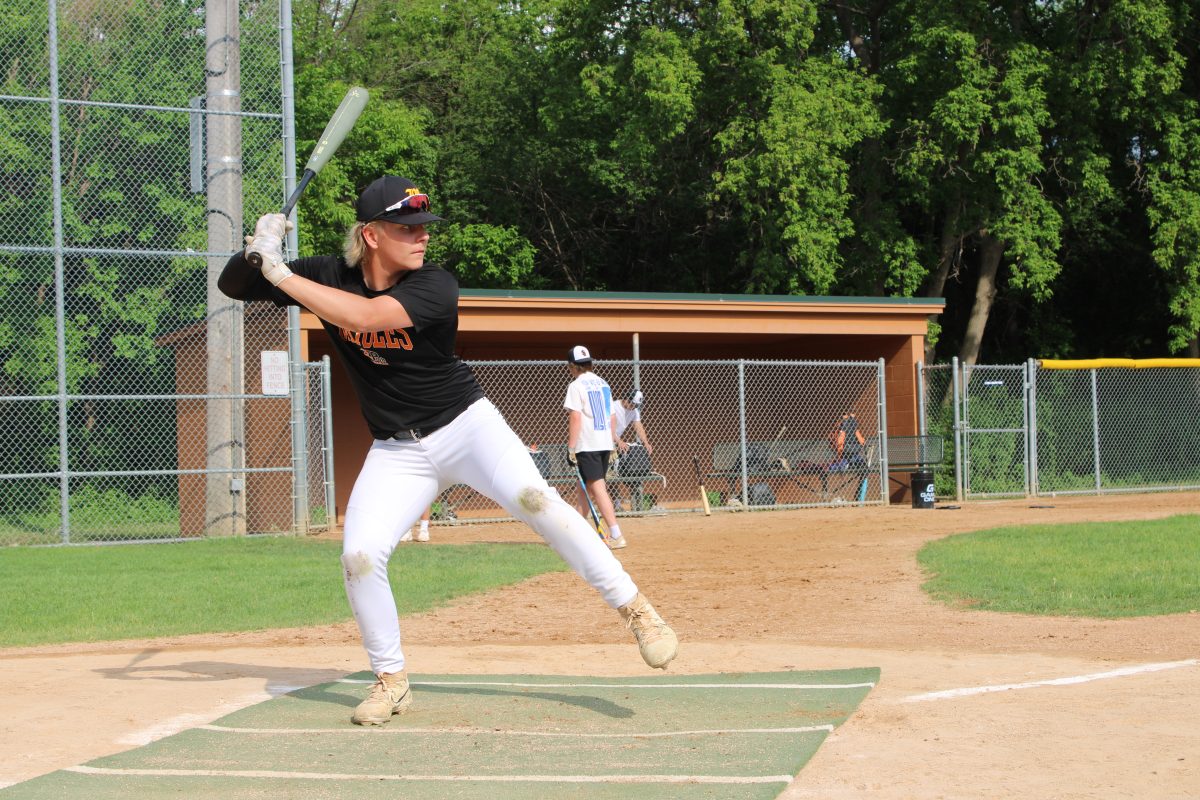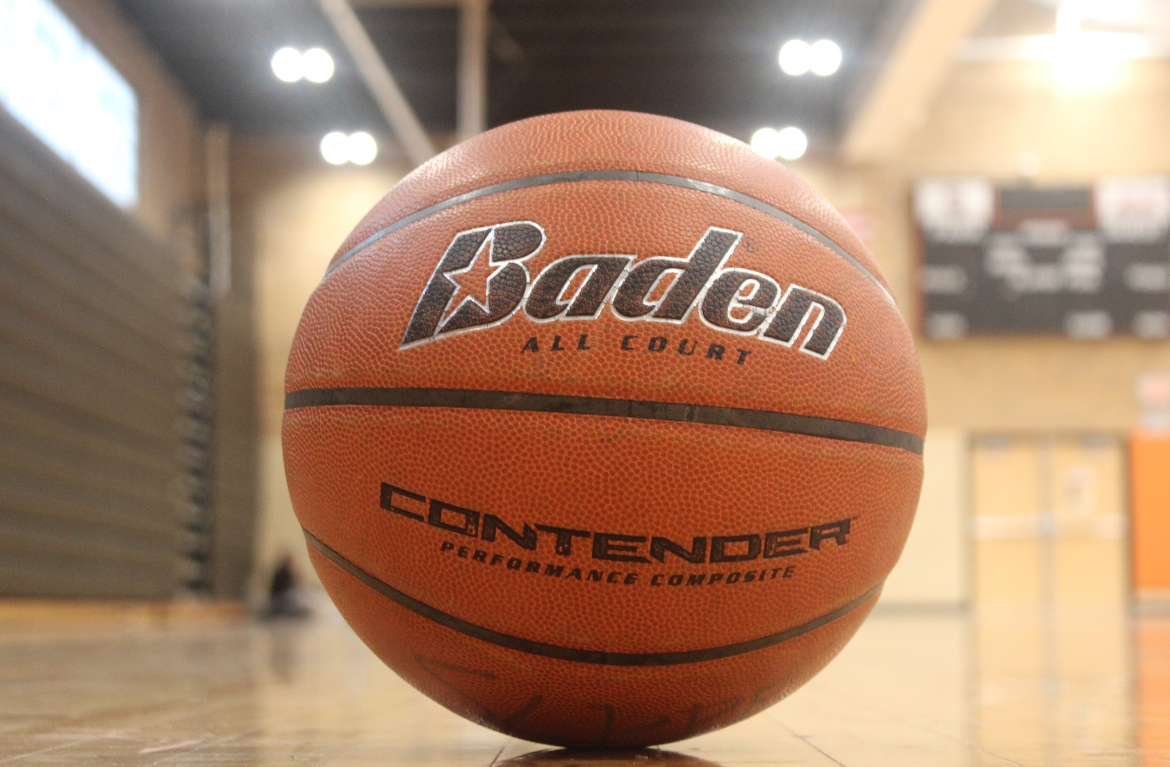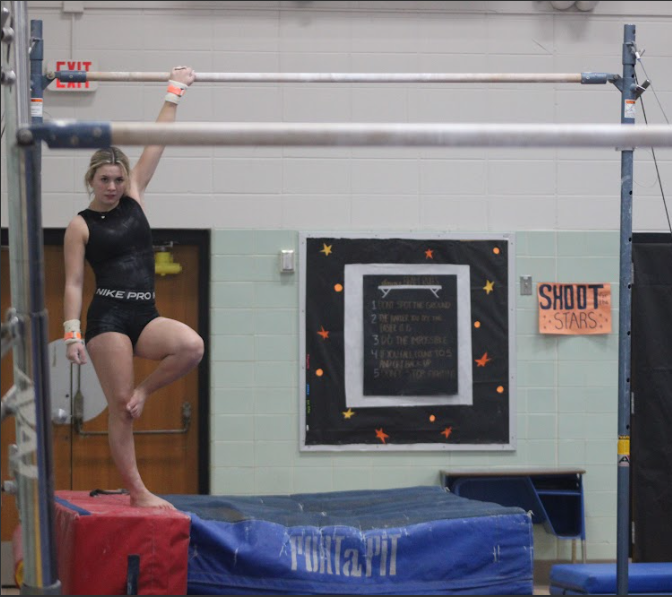Many people who don’t know how hockey works wonder why the players are on the ice for such little time when they play. Well as a hockey player myself i can explain many reasons that will help you understand why hockey is played the way it is.
The way it works in hockey is that you typically go on the ice for 45 seconds to a minute, and then you get off the ice due to a whistle or at your own will if you are able to without giving the other team an advantage. After that, you get to rest on the bench until you are put out on the ice again and ready to go. You are normally on the bench for around two minutes at a time and go out 3-5 times a period for three periods. People may get confused as to why there is so much time spent on the bench compared to time on the ice.
Many argue that the players should have so much more energy and don’t need to go off to the bench after such a short period of time. As a hockey player myself, I can say that there are many reasons why we have to do this.
When hockey players are on the ice, they are moving their feet 95 percent of the time. If you aren’t moving your feet, then there’s a good chance you aren’t doing something right. When you move for 45 seconds straight without stopping, it is only natural for the body to get exhausted.
Hockey is considered the fastest-paced sport due to the nonstop play and speed of the game. There are no other sports that are close to moving as fast as hockey. The whole play can change in a blink of an eye. In other sports, you aren’t moving as rapidly. For example, in the NBA, starters are usually on the court for around 95% of each quarter, playing around 7-10 minutes straight. Obviously, that is a lot more time spent out on the court than on the ice, but it is because they are completely different games. You aren’t working as hard in that span of time compared to hockey. This goes for other sports too, like football, soccer and lacrosse.
One of the biggest reasons why hockey is played in these 45-second spurts is very simple. Hockey involves skating. Skating takes up way more energy than running. You are using way more muscles in your body at a faster rate and putting more effort into those muscles being used. This causes the skater to be much more fatigued in a short period of time due to the nonstop skating and hard work you are doing.
Hockey is similar to how track works. The runners in the race run full speed without stopping until the finish line. When they reach the line they are exhausted and need to rest instantly. It’s the same for hockey — when you are skating for that long it takes a toll on your stamina and you need to rest.
According to Quora, a hockey player skates 5-7 miles per game. That is way longer than other sports. For comparison, a basketball player runs around 2.55 miles per game, and a football player runs 1.25 miles per game. There is also soccer where a player runs seven miles per game, but considering all the factors I just stated, it is much more energy-consuming to skate seven miles than to run two or even seven miles.
Most people who frown upon the fact that hockey players are out for that short period of time don’t consider all the factors of why players need to get off so quickly. They don’t realize how hard it is on your body to skate for 45 seconds straight. But if you really look at all the different factors on why we have to do this, then you will understand why it works the way it does.









